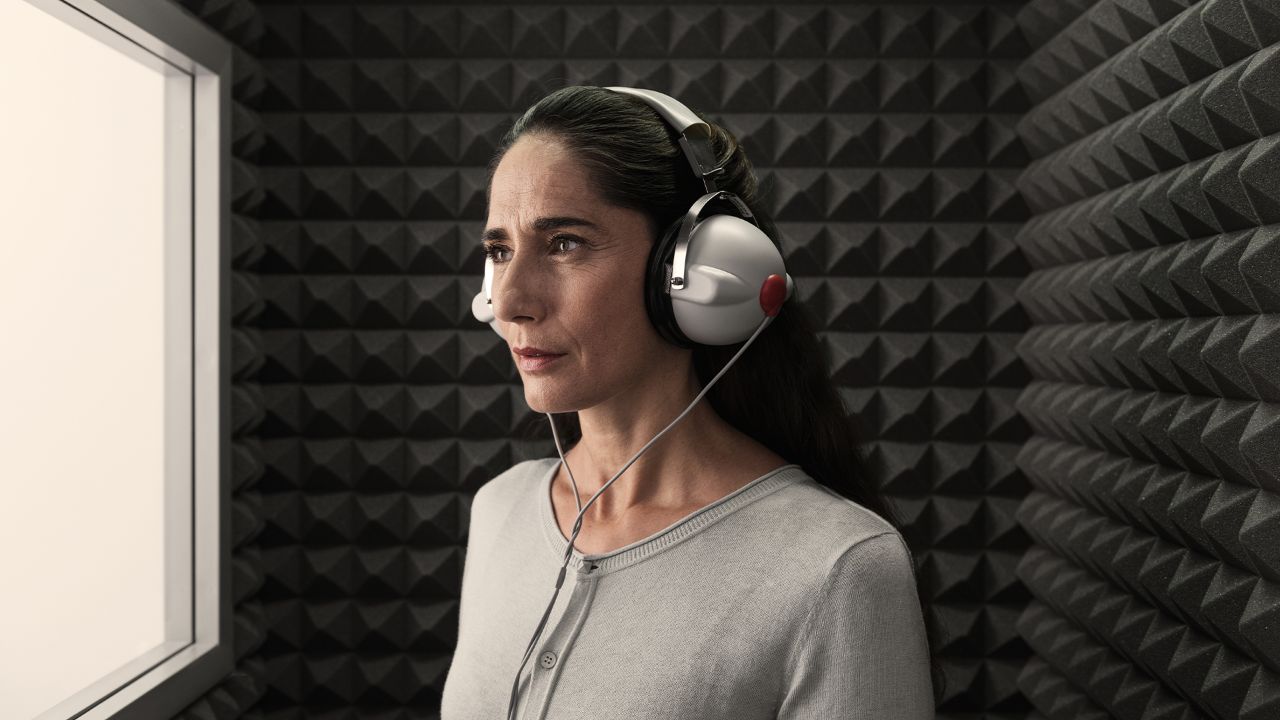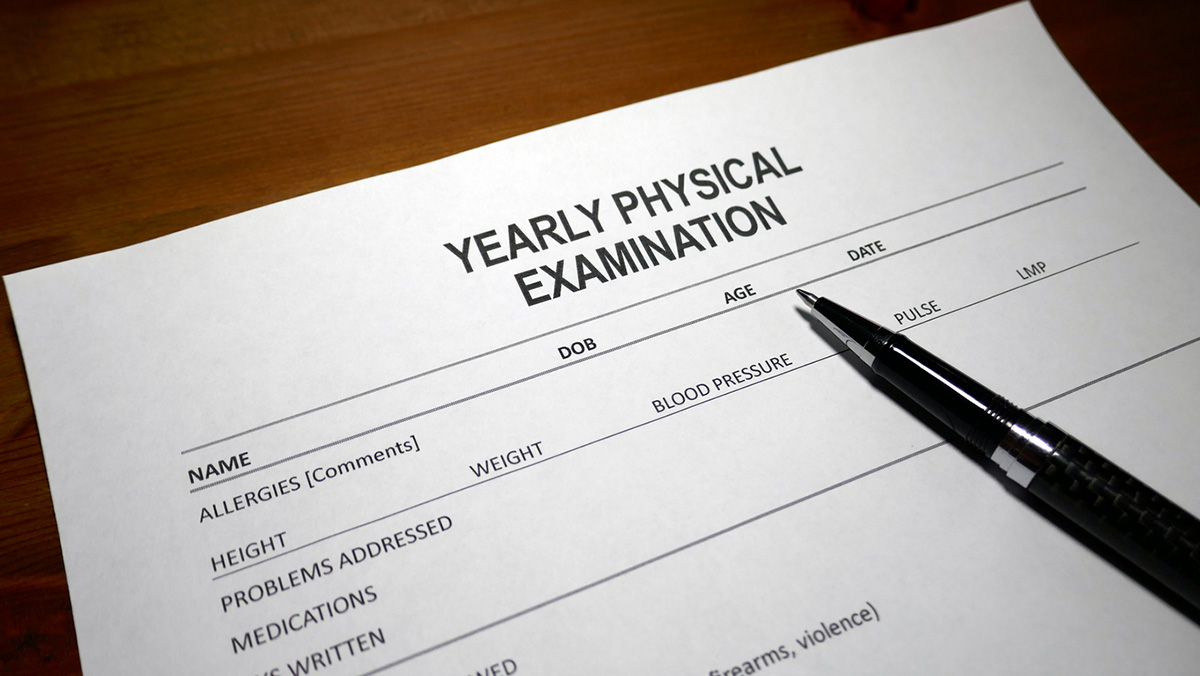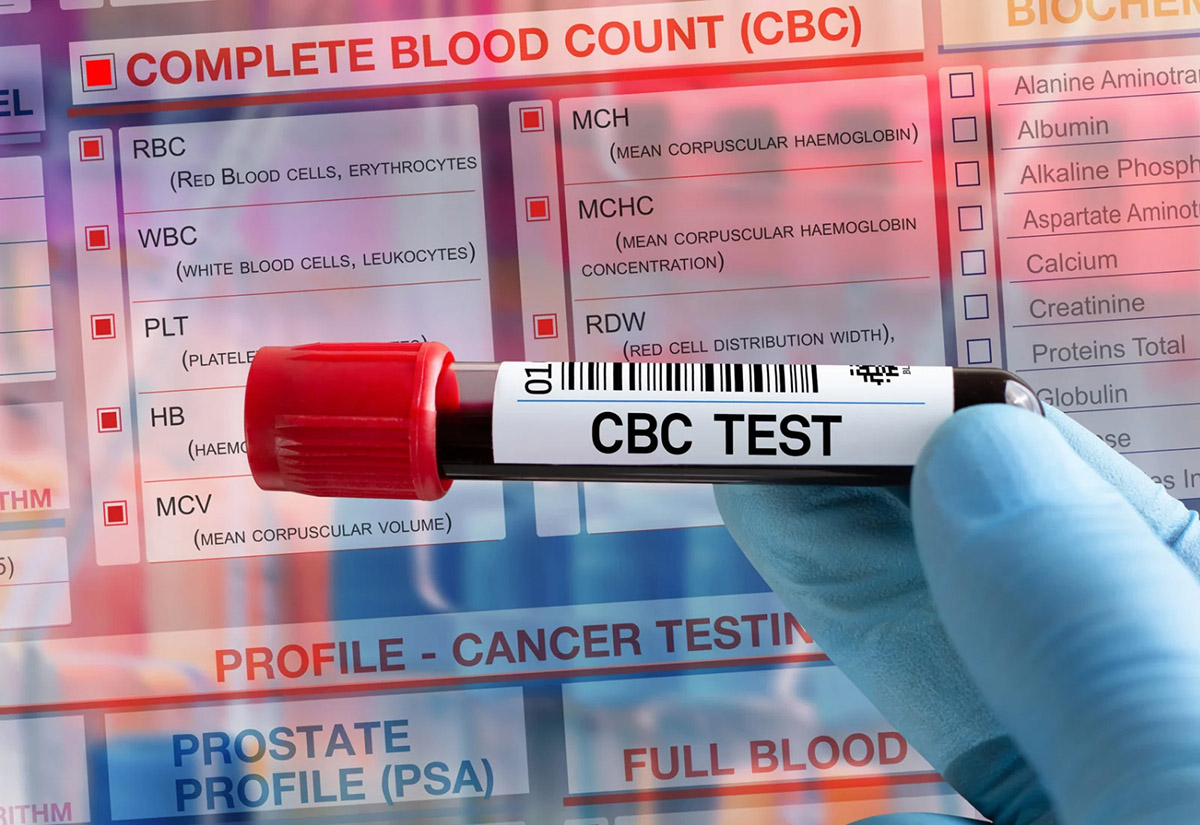

Finance
How Much Is A Hearing Test Without Insurance?
Published: November 6, 2023
Discover the cost of a hearing test without insurance and explore financing options for affordable solutions. Learn more about managing your finances and prioritizing your hearing health today.
(Many of the links in this article redirect to a specific reviewed product. Your purchase of these products through affiliate links helps to generate commission for LiveWell, at no extra cost. Learn more)
Table of Contents
Introduction
Hearing loss is a common condition that affects millions of people around the world. In order to diagnose and address this issue, individuals may need to undergo a hearing test. While having insurance coverage can help alleviate the financial burden, many people find themselves wondering about the cost of a hearing test without insurance. This article will provide an overview of the factors that influence the cost of hearing tests, as well as options for financial assistance for those without insurance.
It is important to note that the cost of a hearing test can vary depending on several factors, including the location, the type of provider, and the specific services included in the test. Factors such as the level of expertise of the audiologist, the type of equipment used, and the inclusion of additional assessments can also affect the overall cost. Understanding these factors can help individuals make informed decisions about their hearing healthcare options.
While the cost of a hearing test without insurance can be a concern, it is important not to neglect one’s hearing health. Untreated hearing loss can have a significant impact on a person’s quality of life, leading to communication difficulties, social isolation, and even cognitive decline in some cases. Taking proactive steps to address hearing loss can improve overall well-being and enhance quality of life.
In the following sections, we will delve deeper into the factors that can influence the cost of a hearing test, explore the average costs individuals can expect to encounter without insurance, and discuss options for financial assistance to ensure that everyone has access to the necessary hearing healthcare services.
Factors Affecting the Cost of Hearing Tests Without Insurance
Several factors can influence the cost of a hearing test for individuals without insurance coverage. Understanding these factors can help individuals estimate the potential expenses and make informed decisions about their hearing healthcare. Here are the key factors to consider:
- Location: The location where the hearing test is conducted can have a significant impact on the cost. In general, larger cities or areas with a higher cost of living tend to have higher prices for medical services, including hearing tests.
- Type of Provider: The type of provider conducting the hearing test can also affect the cost. Audiologists, who are highly trained professionals specializing in hearing health, typically charge higher fees compared to other healthcare professionals, such as general practitioners or clinics.
- Specific Services Included: The specific services included in the hearing test can vary. Basic hearing tests usually involve assessing the individual’s ability to hear different tones and frequencies. However, more comprehensive tests may include additional assessments, such as speech recognition or tympanometry, which can increase the overall cost.
- Expertise and Qualifications: The level of expertise and qualifications of the healthcare professional conducting the hearing test can impact the cost. Experienced audiologists with advanced certifications and specialized training may charge higher fees due to their expertise and qualifications.
- Type of Equipment: The type of equipment used during the hearing test can also affect the cost. Advanced diagnostic equipment may come with a higher price tag, which can be reflected in the overall cost of the test.
It is important to note that these factors are not exhaustive and that prices can vary between providers. It is advisable to research and compare prices from different providers in order to find the most cost-effective option without compromising on the quality of care.
Next, we will explore the average cost of hearing tests for individuals without insurance and discuss options for financial assistance to make these services more accessible.
Average Cost of Hearing Tests Without Insurance
The cost of a hearing test without insurance can vary depending on several factors, as mentioned earlier. On average, individuals can expect to pay between $100 to $300 for a basic hearing test. This cost typically covers the assessment of hearing ability and may include a consultation with an audiologist or other hearing healthcare professional.
However, it is important to keep in mind that additional services or assessments may incur extra charges. For example, if a more comprehensive evaluation is required, such as a speech recognition test or a tympanometry test, the cost may increase. It is essential to inquire about the specific services and associated costs beforehand to avoid any surprises.
Furthermore, the fee structure for hearing tests can vary between providers. Some may charge a flat fee for the entire test, while others may charge a separate fee for each service or assessment included. It is recommended to ask for a detailed breakdown of the costs to have a clear understanding of what is included in the price.
In addition to the cost of the actual hearing test, individuals may also need to consider the potential costs associated with follow-up appointments, hearing aid fittings, and any recommended treatments or interventions. These additional expenses can vary significantly depending on the individual’s specific needs and the provider’s pricing model.
It is worth noting that these average cost estimates are for reference purposes only and can vary depending on the factors mentioned earlier, such as location, provider type, and services included. It is essential to consult with local hearing healthcare providers to get accurate and up-to-date pricing information for the specific area.
Next, we will explore options for financial assistance for individuals who do not have insurance coverage for hearing tests.
Options for Financial Assistance for Hearing Tests Without Insurance
Understanding that the cost of a hearing test without insurance can pose a financial burden, several options for financial assistance are available to help individuals access the necessary hearing healthcare services. Here are some options to consider:
- Nonprofit Organizations: There are nonprofit organizations that provide financial assistance for hearing tests and related services. These organizations aim to improve access to hearing healthcare for individuals who may not have insurance coverage. Research local nonprofits or charities in your area that focus on hearing health and inquire about any available financial aid programs.
- Government Assistance: Depending on your location, there may be government programs or initiatives that provide financial assistance for healthcare services, including hearing tests. Check with your local health department or government agency to learn more about any available programs.
- University or Training Programs: Some universities or training programs for audiologists or hearing healthcare professionals may offer discounted or even free hearing tests as part of their education and training programs. Contact local institutions to inquire about any opportunities for reduced-cost or no-cost hearing tests.
- Flexible Spending Accounts (FSAs) or Health Savings Accounts (HSAs): If you have an FSA or HSA through your employer or a private plan, these accounts may cover the cost of hearing tests. These accounts allow individuals to set aside pre-tax dollars for healthcare expenses, including hearing healthcare.
- Payment Plans and Financing: Some hearing healthcare providers offer payment plans or financing options to help individuals manage the cost of hearing tests. These options allow you to spread out the payments over time, making it more affordable to access the necessary services.
- Local Health Clinics or Community Centers: Local health clinics or community centers may provide reduced-cost or sliding-scale fee schedules for a variety of healthcare services, including hearing tests. Inquire with these organizations to see if they offer any such programs.
It is important to research and explore all available options to find the best financial assistance program that meets your needs. Don’t hesitate to reach out to different providers and organizations to inquire about any discounts, reduced rates, or financial aid programs that may be available to you.
By taking advantage of these options, individuals can overcome financial barriers and access the necessary hearing tests without insurance coverage.
Finally, let’s summarize the key points discussed in this article.
Conclusion
Hearing tests are essential for diagnosing and addressing hearing loss, but many individuals are concerned about the cost of these tests without insurance coverage. While the exact cost can vary depending on factors such as location, provider type, and specific services included, it is important to prioritize hearing health and explore options for financial assistance.
We discussed the factors that can influence the cost of hearing tests without insurance, including location, provider type, specific services included, expertise and qualifications of the healthcare professional, and the type of equipment used. By understanding these factors, individuals can better estimate the potential expenses and make informed decisions about their hearing healthcare options.
The average cost of a basic hearing test without insurance typically ranges from $100 to $300. However, additional services or assessments may incur extra charges. It is crucial to inquire about the specific services and associated costs beforehand to have a clear understanding of the financial commitment.
For individuals without insurance coverage, there are options for financial assistance. Nonprofit organizations, government assistance programs, university or training programs, FSAs or HSAs, payment plans and financing options, and local health clinics or community centers may provide avenues for reduced-cost or no-cost hearing tests. Exploring these options can help make hearing healthcare services more accessible and affordable.
Although the cost of a hearing test without insurance can be a concern, it is vital to prioritize one’s hearing health. Untreated hearing loss can have a significant impact on overall well-being and quality of life. By taking proactive steps to address hearing loss and seeking financial assistance when needed, individuals can improve their hearing health and enhance their overall well-being.
Remember to research, compare prices, and reach out to different providers and organizations to inquire about any available discounts, reduced rates, or financial aid programs. By doing so, individuals can overcome financial barriers and access the necessary hearing tests without insurance coverage.
Investing in one’s hearing health is an investment in overall well-being and quality of life. Don’t let cost be a barrier to receiving the necessary care. Prioritize your hearing health, explore financial assistance options, and take the necessary steps to address any potential hearing loss.














